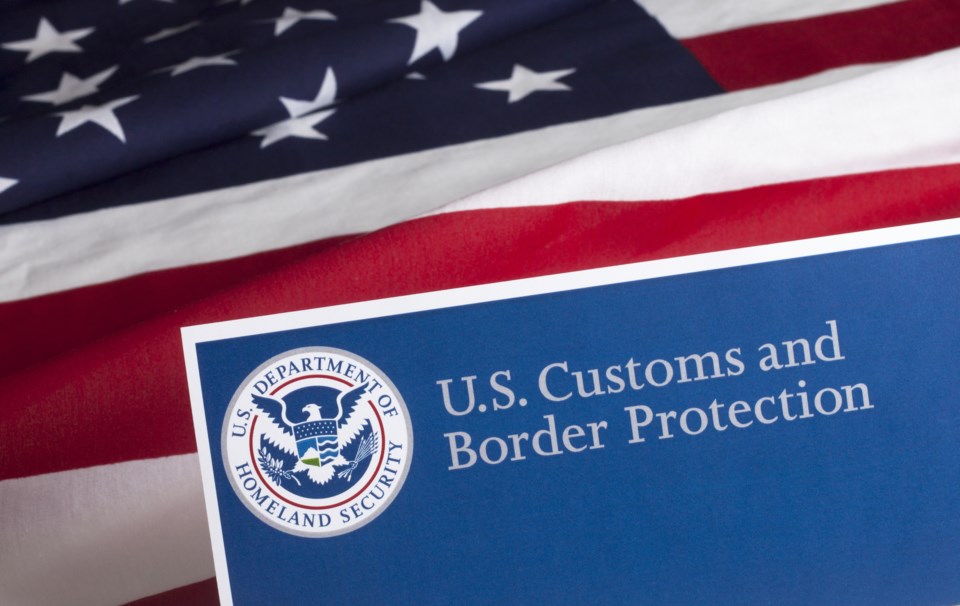NEWS RELEASE
SENATOR GARY PETERS
*************************
U.S. Senator Gary Peters (MI), Chairman of the Homeland Security and Governmental Affairs Committee, reintroduced bipartisan legislation to ensure U.S. Customs and Border Protection officers (CBPOs) can receive the retirement benefits they were promised when starting their service. The bill corrects a mistake where Customs and Border Protection (CBP) incorrectly informed newly hired CBPOs that they would be eligible for proportional annuity, which means they would not have to retire at a certain age or reach 20 years of service to qualify for an enhanced retirement benefit. However, when CBP realized their error – more than ten years after these officers had started their service – they rescinded these benefits and will now require at least 1,352 officers, including 67 in Michigan, to meet additional requirements to receive the benefits they were initially promised when starting the job more than a decade ago. This has significantly impacted CBPOs’ ability to properly plan for their futures and ensure they can retire comfortably with the benefits they expected. Peters introduced similar legislation that advanced in the Senate last Congress.
“The federal government should not let a clerical error disrupt the retirement plans of dedicated Customs and Border Protection officers who put their lives on the line each and every day,” said Senator Peters. “This bipartisan bill will ensure these hardworking officers – who work each and every day to keep our communities safe – receive the benefits they have earned.”
The CPBO Retirement Corrections Act would direct CBP to identify eligible individuals and notify them of the correction. Those impacted would then be eligible for a correction that would align their retirement benefits with the coverage they were promised. The legislation also includes a retroactive annuity adjustment for eligible individuals who retire before the date of enactment of this bill and grants the Department of Homeland Security the authority to waive maximum entry age requirements for eligible officers.
*************************



